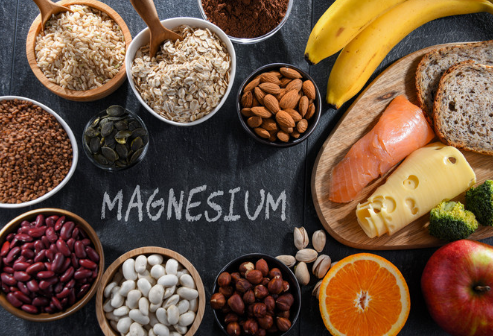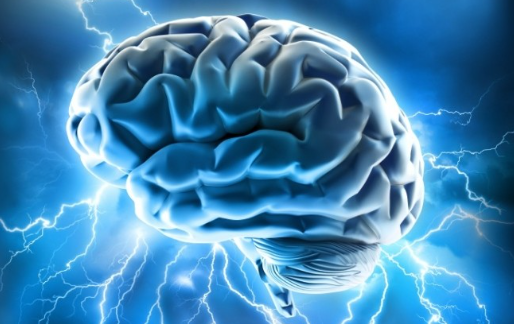
Magnesium Unleashes Positive Cognitive Power Empowering Brain Health
Magnesium: A Key Player in Brain Health
In recent years, scientific research has shed light on the crucial role that magnesium plays in supporting brain health. Often overlooked, this essential mineral is gaining recognition for its profound impact on cognitive function, mood regulation, and overall brain performance. From bolstering memory to alleviating anxiety, magnesium emerges as a vital nutrient for maintaining optimal brain function throughout life.

Magnesium is involved in over 300 biochemical reactions in the body, making it indispensable for various physiological processes. Within the brain, mg acts as a cofactor for enzymes involved in neurotransmitter synthesis and regulation, facilitating communication between brain cells. Additionally, mg plays a key role in modulating the activity of NMDA receptors, which are essential for synaptic plasticity and learning.
One of the primary benefits of mg for brain health is its ability to enhance cognitive function and memory. Research suggests that adequate mg levels may support memory formation and retrieval by promoting synaptic plasticity and facilitating the transmission of signals between neurons. Moreover, magnesium has been shown to protect against age-related cognitive decline and may even play a role in reducing the risk of neurodegenerative diseases such as Alzheimer’s.
Beyond cognitive function, mg also exerts a significant influence on mood regulation and emotional well-being. Studies have linked mg deficiency to an increased risk of depression and anxiety, highlighting the importance of maintaining optimal mg levels for mental health. Magnesium acts as a natural relaxant, helping to counteract the effects of stress by regulating the release of stress hormones and promoting relaxation.

Furthermore, mg supplementation has shown promise in alleviating symptoms of mood disorders and improving overall mood and emotional stability. By modulating neurotransmitter activity and reducing inflammation in the brain, mg may offer a safe and effective adjunctive treatment for individuals struggling with mood disorders.
In addition to its direct effects on brain function, mg plays a crucial role in supporting overall cardiovascular health, muscle function, and bone density. Given its widespread impact on various physiological systems, ensuring adequate magnesium intake is essential for overall well-being.
So, how can you ensure you’re getting enough mg to support your brain health? While magnesium is found in a variety of foods, including leafy greens, nuts, seeds, and whole grains, many individuals may still fall short of their daily magnesium requirements due to factors such as poor dietary choices, digestive issues, and chronic stress. In such cases, supplementation may be necessary to maintain optimal magnesium levels.

When choosing a mg supplement, opt for forms that are easily absorbed by the body, such as mg citrate or mg glycinate. Start with a lower dose and gradually increase as needed, paying attention to any potential side effects such as gastrointestinal discomfort. It’s also important to consult with a healthcare professional before starting any new supplement regimen, especially if you have underlying health conditions or are taking medications.
mg is a vital nutrient for supporting brain health and overall well-being. From enhancing cognitive function to promoting emotional resilience, mg plays a multifaceted role in optimizing brain performance throughout life. By incorporating mg -rich foods into your diet and considering supplementation when necessary, you can harness the power of mg to support your brain health and unlock your full potential.
Furthermore, mg supplementation has shown promise in alleviating symptoms of mood disorders and improving overall mood and emotional stability. By modulating neurotransmitter activity and reducing inflammation in the brain, mg may offer a safe and effective adjunctive treatment for individuals struggling with mood disorders.
In addition to its direct effects on brain function, mg plays a crucial role in supporting overall cardiovascular health, muscle function, and bone density. Given its widespread impact on various physiological systems, ensuring adequate mg intake is essential for overall well-being.
So, how can you ensure you’re getting enough mg to support your brain health? While mg is found in a variety of foods, including leafy greens, nuts, seeds, and whole grains, many individuals may still fall short of their daily mg requirements due to factors such as poor dietary choices, digestive issues, and chronic stress. In such cases, supplementation may be necessary to maintain optimal magnesium levels.
For the latest updates-click here.
For more Bollywood news. click here.


